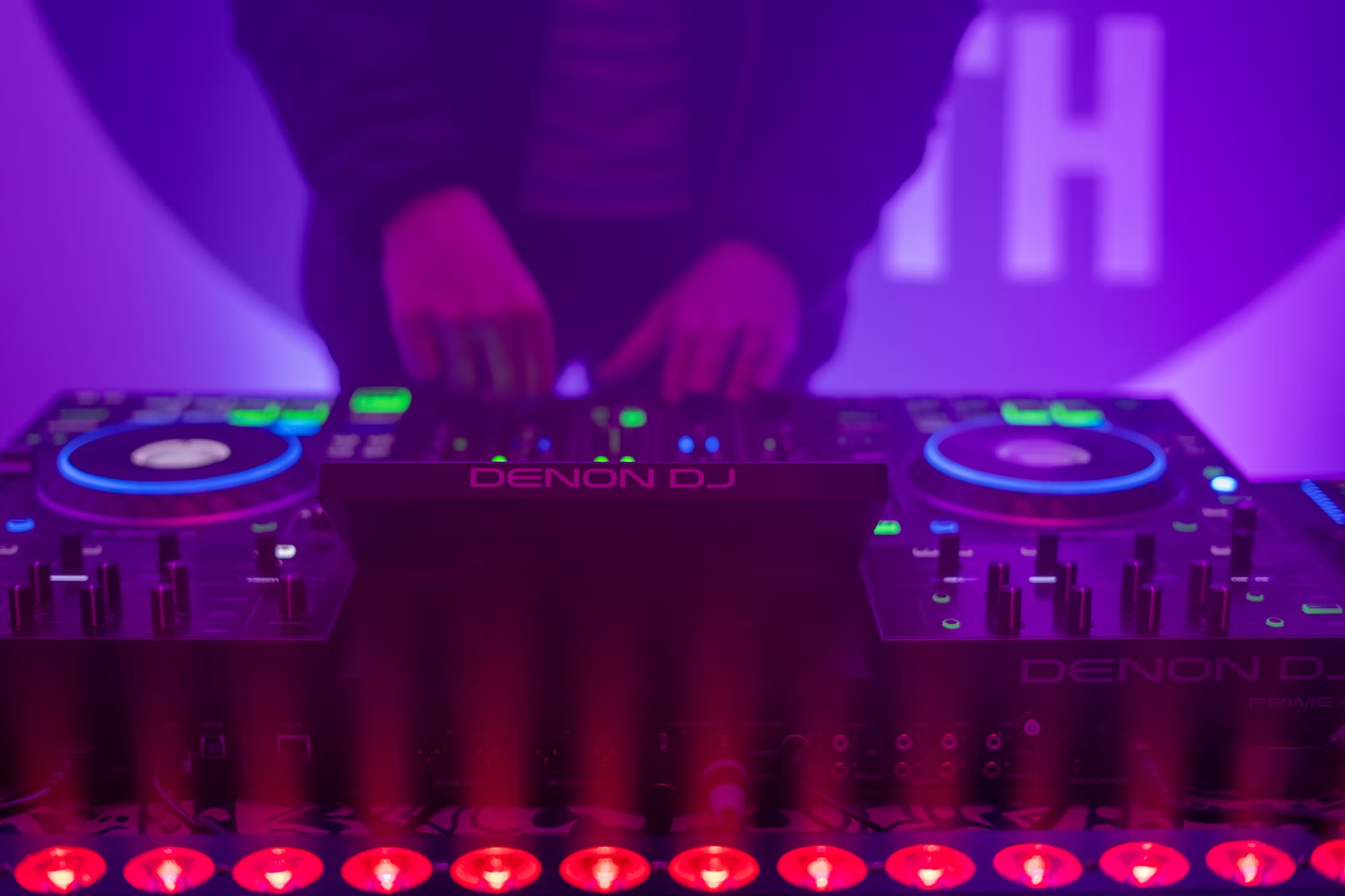Music is an essential part of human culture, acting as a vehicle for expression and communication across different societies. Over the centuries, music genres have evolved, each telling a unique story about the culture and time period from which they originated. This article explores the evolution of music genres, emphasizing their cultural significance and the ways they reflect societal changes.
The Roots of Music: Traditional and Folk Genres
From the dawn of civilization, music has played a crucial role in rituals, celebrations, and storytelling. Traditional and folk music serve as the foundation of many cultures, capturing the essence of communal life. These genres often incorporate regional instruments and styles, reflecting the history and values of specific communities. For example, the use of the lute in medieval Europe or the sitar in Indian classical music not only showcases unique sounds but also illustrates cultural identity.
Folk music, in particular, has a profound way of conveying societal narratives, often addressing themes of love, hardship, and community. Artists like Bob Dylan and Joan Baez revived folk traditions in the 1960s, using their platforms to address social issues and connect with audiences seeking authenticity. This genre remains relevant today, continuing to inspire musicians around the world.
Classical Music: A Timeline of Innovation
Classical music, which encompasses a vast range of styles from the Baroque period to contemporary compositions, has significantly influenced the evolution of music. Composers like Bach and Mozart not only pushed the boundaries of musical composition but also reflected the cultural and intellectual currents of their times. The elegance of Baroque music, with its intricate harmonies, represents a time of opulence, while the emotional depth of the Romantic period captures the essence of human experience.
The symphony orchestra, with its diverse range of instruments, symbolizes the unity of diverse cultural influences. This genre has laid the groundwork for many modern music styles, demonstrating the enduring impact of classical music on global music landscapes. Additionally, contemporary composers continue to explore new ideas, blending classical elements with modern genres to create innovative sounds.
The Birth of Popular Music: A Cultural Shift
The 20th century marked a significant turning point with the emergence of popular music, which began to dominate the musical landscape. Jazz, born in the African American communities of New Orleans, revolutionized music with its improvisational nature and syncopated rhythms. Legends like Louis Armstrong and Duke Ellington not only transformed the genre but also used their music to address social issues, paving the way for future artists to follow suit.
Rock and roll emerged in the 1950s, symbolizing youth rebellion and cultural change. Artists such as Elvis Presley and Chuck Berry broke barriers, blending various musical influences to create a new sound that resonated with the younger generation. The cultural revolution of the 1960s further propelled music into the forefront of societal change, with genres like folk rock and psychedelic rock providing a soundtrack to political movements.
The Influence of Hip Hop: Voice of the Marginalized
Hip hop emerged in the 1970s, quickly becoming a cultural phenomenon that gave voice to marginalized communities. Originating from the Bronx, hip hop was characterized by its rhythmic vocal style and strong emphasis on lyrical storytelling. Artists like Grandmaster Flash and Run-D.M.C. brought the genre into the mainstream, using their music to address social issues and express the realities of urban life.
As hip hop evolved, it became a powerful medium for cultural expression. The genre’s ability to convey personal narratives and address societal struggles made it a crucial part of contemporary music. Today, artists like Kendrick Lamar and Cardi B continue to explore themes of identity, race, and empowerment, showcasing the genre’s ongoing relevance in today’s society.
Globalization of Music: A Fusion of Cultures
With the advent of technology and the internet, music has become increasingly globalized, allowing for the fusion of different genres and cultural influences. This interconnectedness has given rise to various hybrid genres that blend traditional sounds with modern elements. For instance, Latin music, with its infectious rhythms and vibrant melodies, has gained immense popularity worldwide, thanks to artists like Shakira and Bad Bunny.
Reggae, originating from Jamaica, has also found its way into mainstream music, influencing a diverse range of artists across various genres. The genre’s themes of love, unity, and social justice resonate with audiences globally, showcasing the power of music to transcend cultural barriers. Additionally, K-pop has taken the world by storm, blending pop, hip hop, and electronic influences to create a unique sound that appeals to a global audience.
The Role of Technology in Music Creation
The digital age has transformed how music is created, distributed, and consumed. With the rise of digital platforms, independent artists can now reach global audiences without the constraints of traditional record labels. This shift has resulted in an explosion of creativity, with new voices emerging from diverse backgrounds.
Technology has also facilitated collaboration across genres and cultures, leading to innovative musical fusions. Electronic music, which incorporates elements from various genres, has become a dominant force in contemporary music. Artists like Calvin Harris and Zedd have successfully blended EDM with pop, creating chart-topping hits that resonate with listeners around the world.
Conclusion: The Enduring Legacy of Music
Music continues to evolve, reflecting the ever-changing landscape of culture and society. From traditional folk songs to contemporary hip hop, each genre serves as a testament to the creativity and resilience of humanity. As we explore the rich tapestry of musical genres, we recognize their ability to connect us, inspire change, and celebrate our shared experiences. The evolution of music is not just a reflection of artistic innovation; it is a powerful narrative that captures the essence of who we are as a society.



